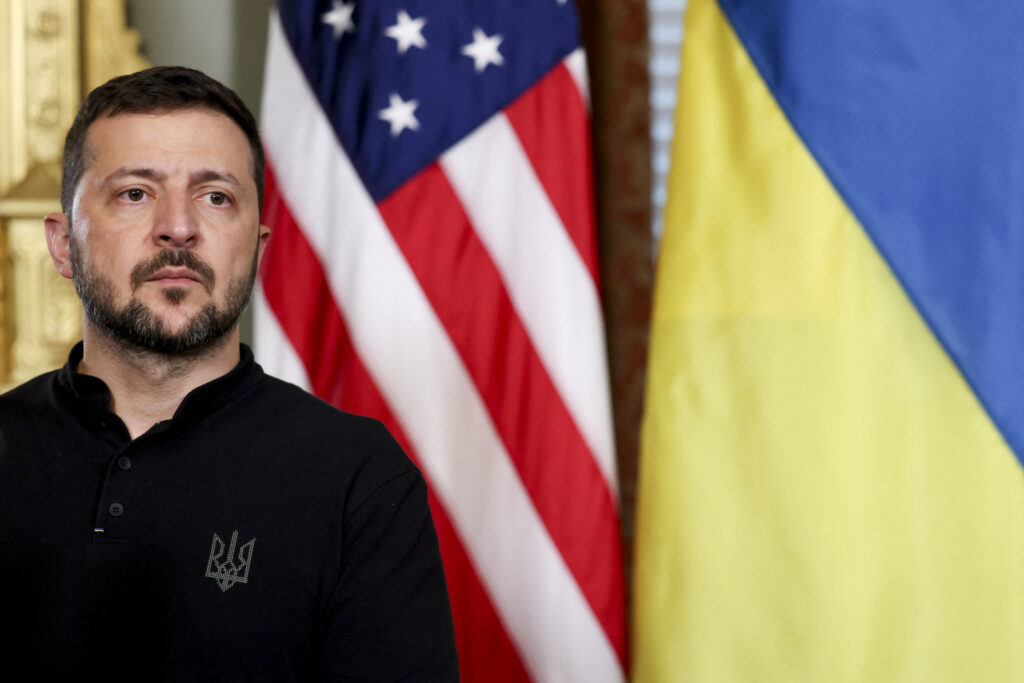The ongoing conflict in Ukraine has raised significant concerns regarding the future of European security, particularly in light of potential shifts in U.S. foreign policy. Should former President Donald Trump or a similar administration decide to withdraw American support for Ukraine, the question of whether Europe would step in to fill the void becomes increasingly pertinent. The European Union, along with NATO allies, has demonstrated a degree of solidarity with Ukraine since the onset of the conflict, providing various forms of assistance, including financial aid, military supplies, and humanitarian support. However, the extent to which Europe can independently sustain Ukraine’s defense without U.S. backing remains a complex and contentious issue. European nations would need to navigate their individual defense capabilities, political will, and potential economic implications of a prolonged conflict, all while balancing relationships with Russia.
Furthermore, the geopolitical landscape in Europe is fraught with challenges that could impact the level of support offered to Ukraine. Countries in Eastern Europe, particularly those with historical ties or direct threats from Russia, may feel a heightened urgency to assist Kyiv, potentially leading to increased military aid and cooperation. However, Western European nations, which have historically been more cautious in their approach to military engagements, might be hesitant to escalate their involvement without U.S. leadership. The question of European unity also comes into play; differing national interests and perspectives on security can complicate collective action. Ultimately, the future of Ukraine’s fight against aggression will depend on a multifaceted approach, including European resolve, the ability to forge new alliances, and the intricate dynamics of international diplomacy in an increasingly polarized world.


